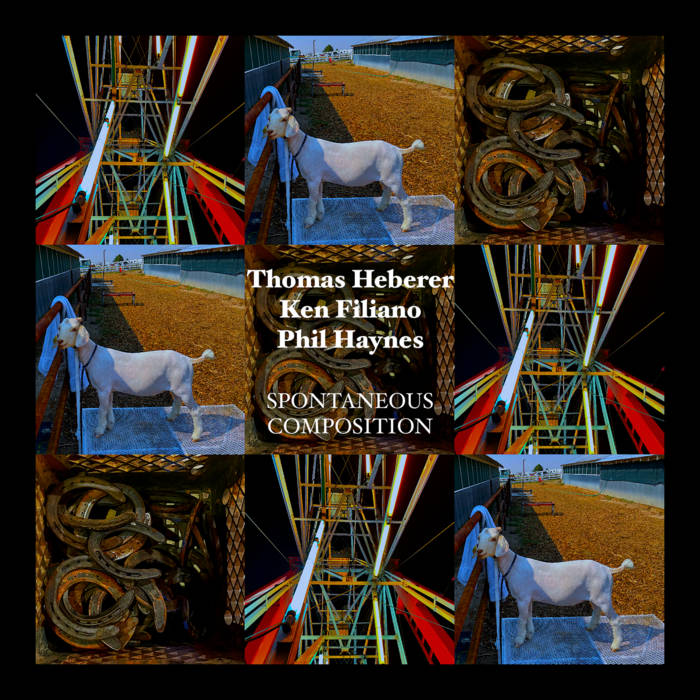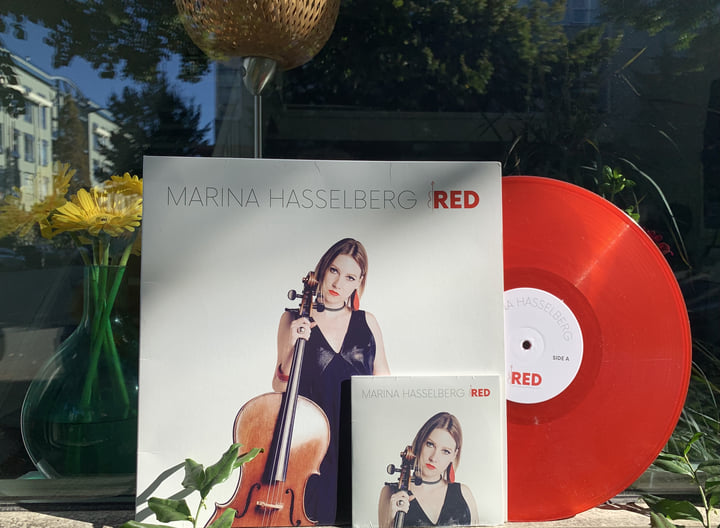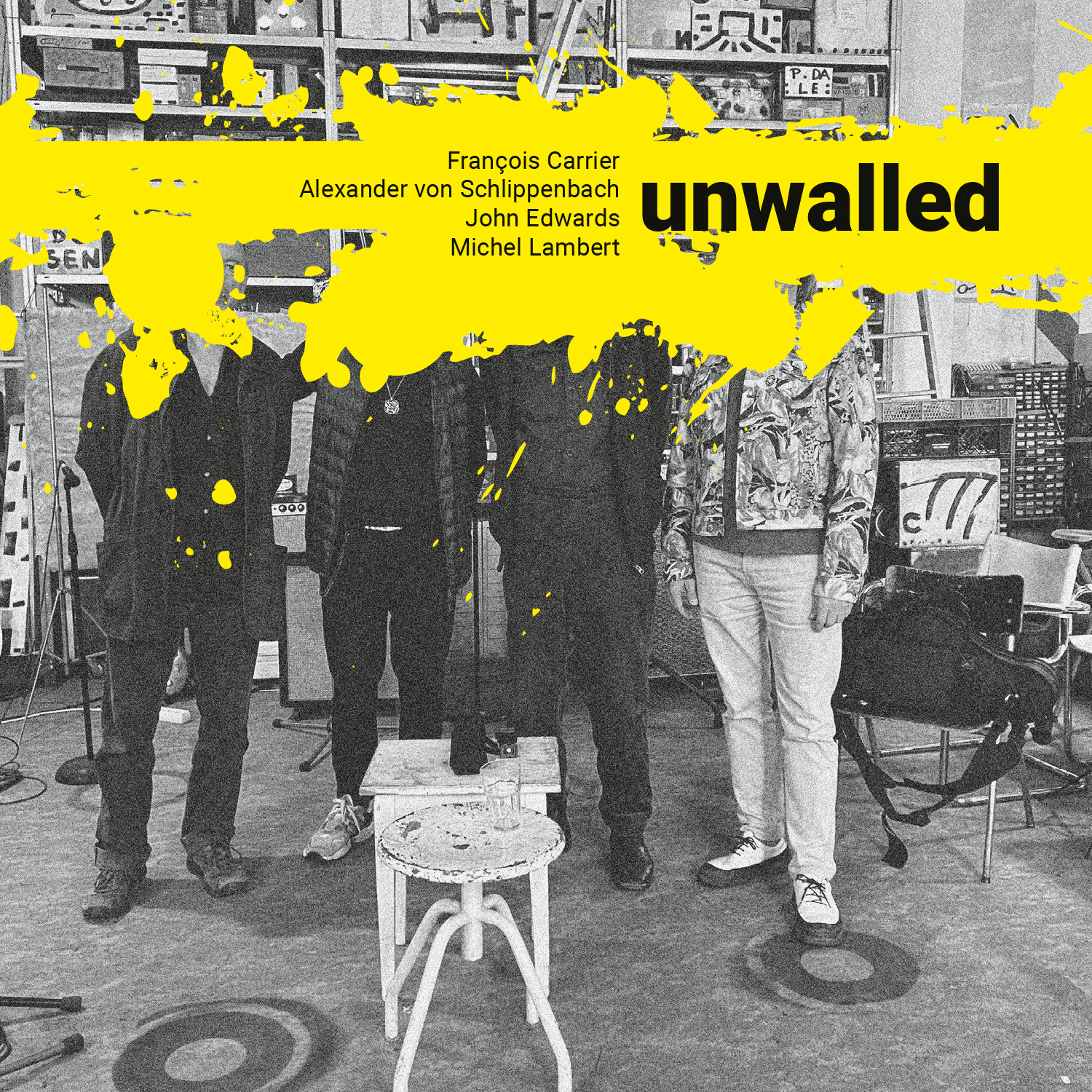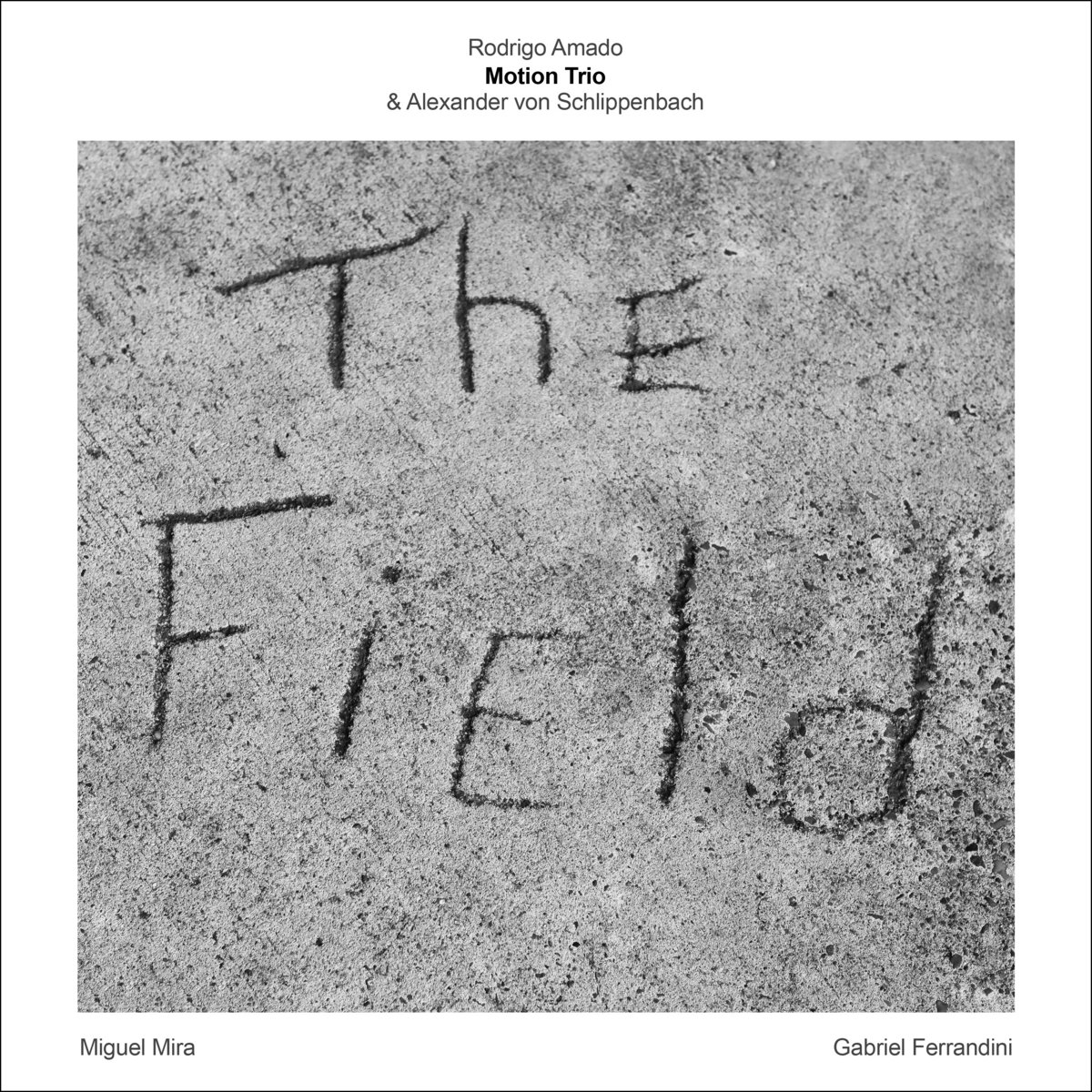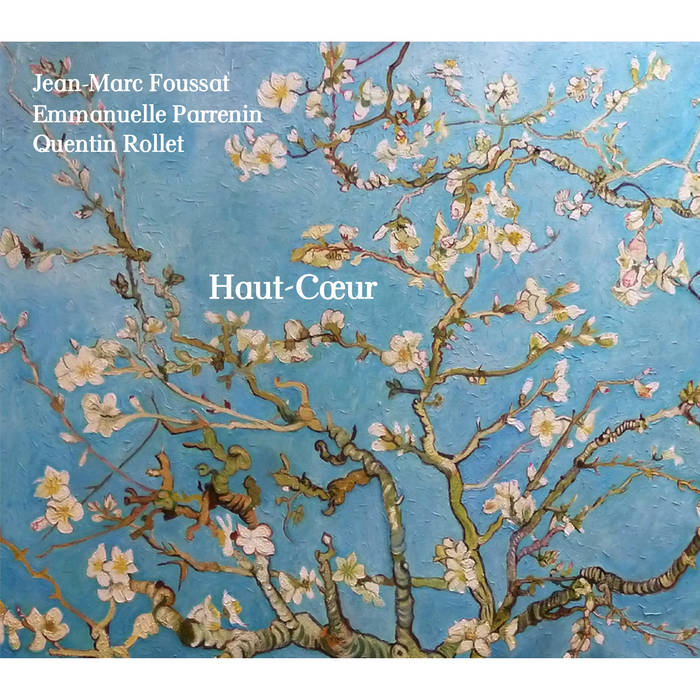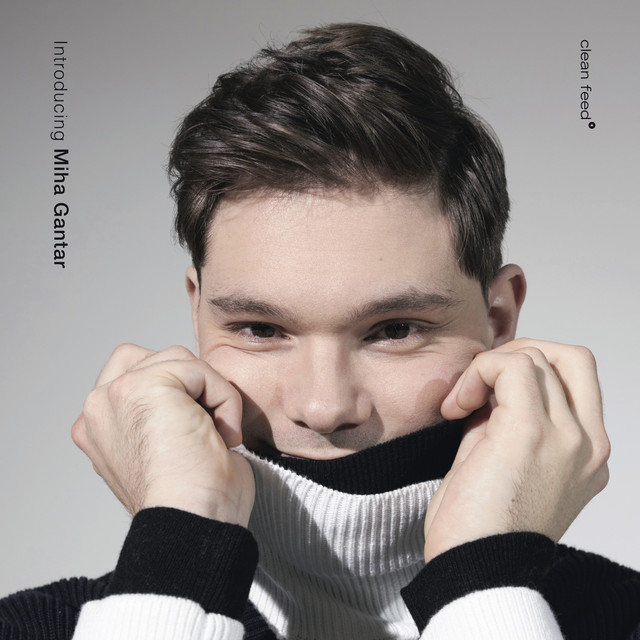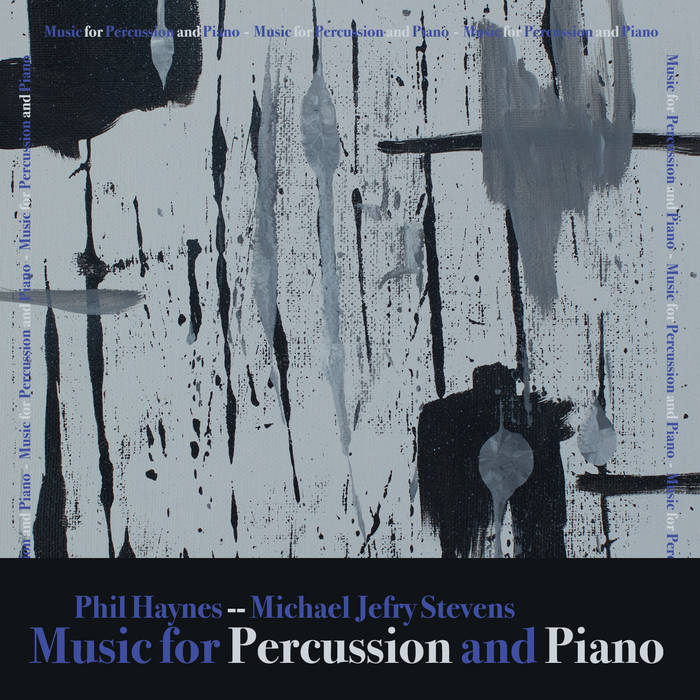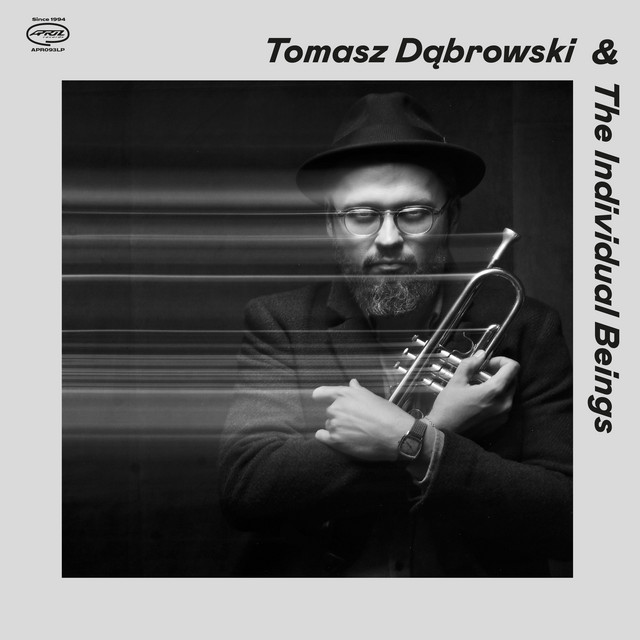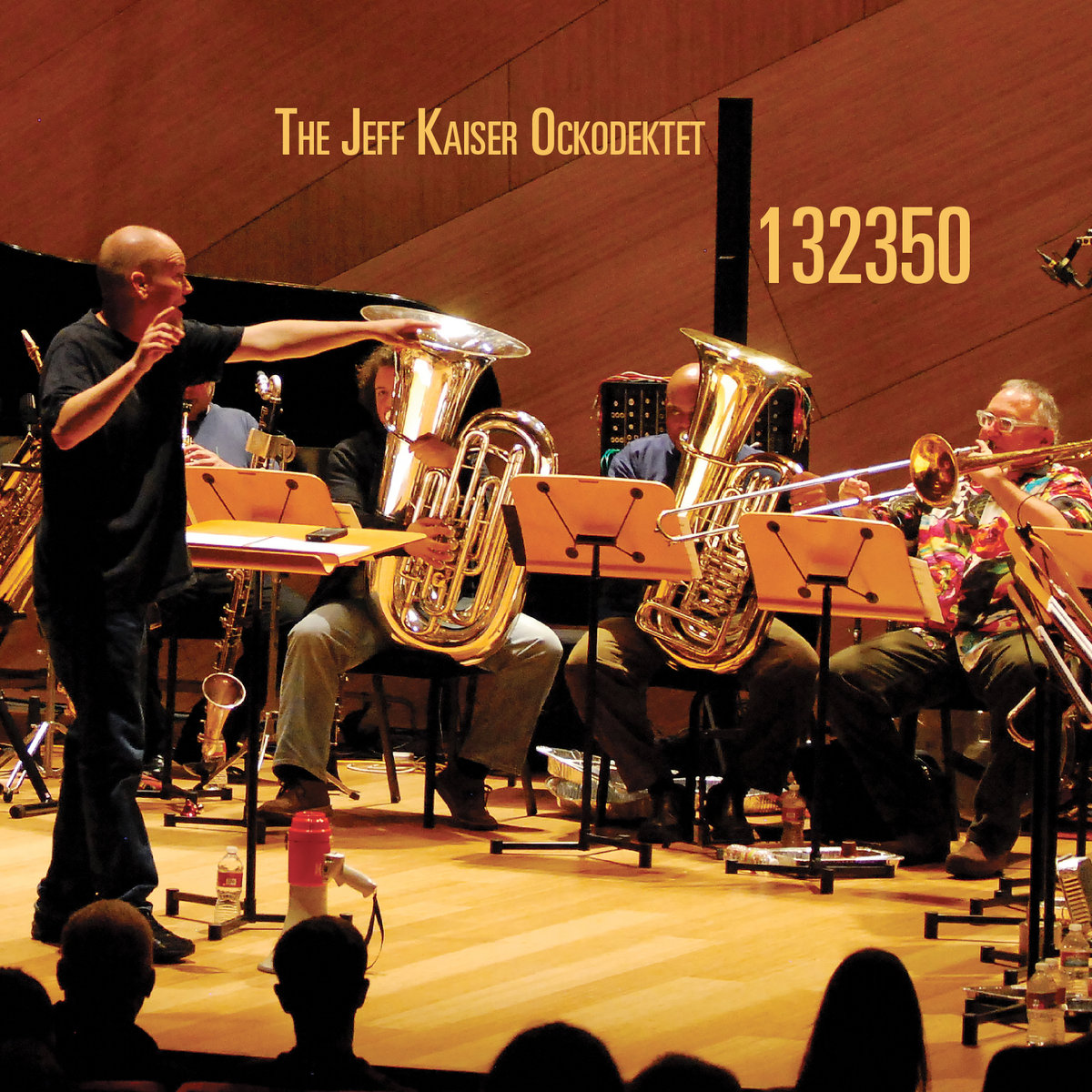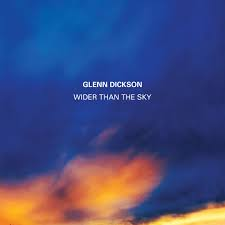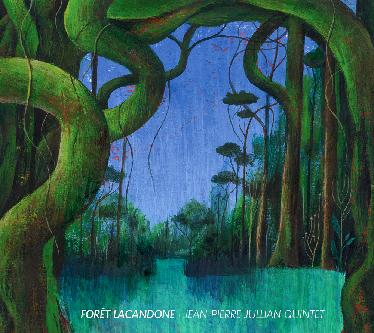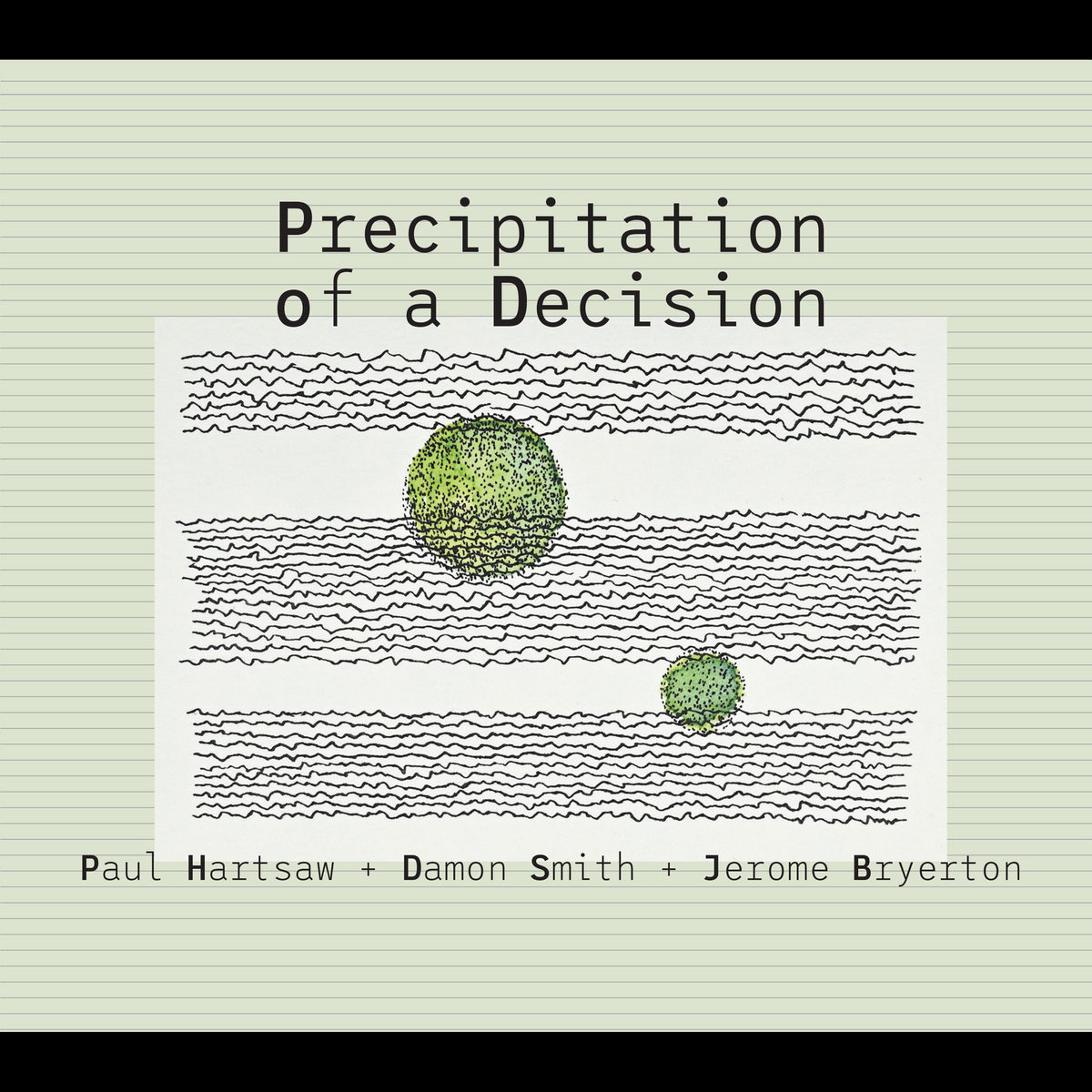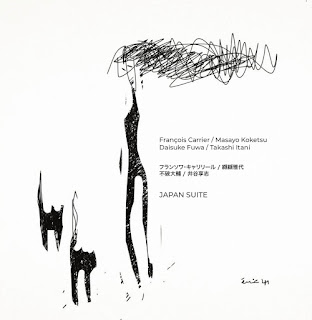The world, the "Free World" of Free Improvisation keeps moving ahead even if the cultish novelty of such things may no longer be in play. The heady days of Ornette, Cecil, Ayler, late Coltrane and the like may no longer be with us, but then of course prophets are meant to usher in the future and then must leave it to the later practitioners. That is how it goes. And if there is a kind of "routinization," as Max Weber described such things, in the wake of the first innovations it only means that the controversy surrounding what a boldly new style can generate diminishes as the community makes its way slowly to the music as a fulcrum point in a post-mainstream musical climate. That is good in the end because the style needs to continue untrammeled by excess friction or opposition from others who ideally should respectfully honor the music and not question its creative, transformative influence on the music scene.
With all this we hail a new trio grouping that forms a part of the latest in Free Improv, with the virtuoso open form thriving in the hands of Thomas Heberer on trumpet and piano, Ken Filiano on contrabass and Phil Haynes on drums on their debut trio recording Spontaneous Composition (Corner Store Jazz CSJ-0129).
It is about the trio thriving in a total improvisational situation, recorded at a faculty recital at Bucknell University on September 4, 2022. There came out of it some five spontaneous segments, each collective improvisation covering a slightly different feel to it but ever inspired, a three-way of the highest and most inventive type. All three trio artists are brilliant improvisers at the peak of their powers, so happily this recital gives us a nicely consistent, movingly elevated slice of their art today.
We hear the poetic immediacy articulated on all three instruments, and importantly the drumming shows that rare melodic feel that goes steps beyond time per se into an advanced percussive mode. And that drumming forms the foundation on top of which trumpet and contrabass build an original edifice rather far beyond the traditional trio roles. So listen closely and soar along. Look up Phil Haynes Corner Store Jazz on Bandcamp and you can listen to it and decide for yourself. Highly recommended.
